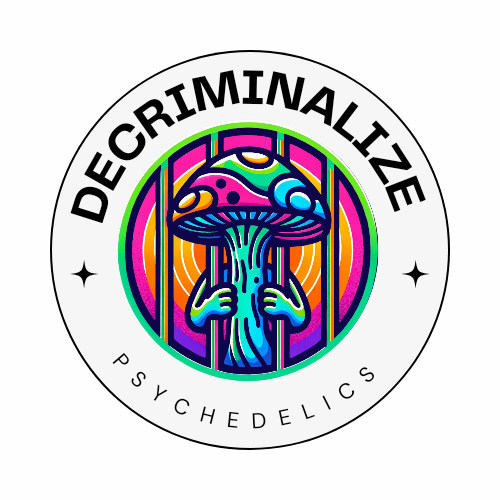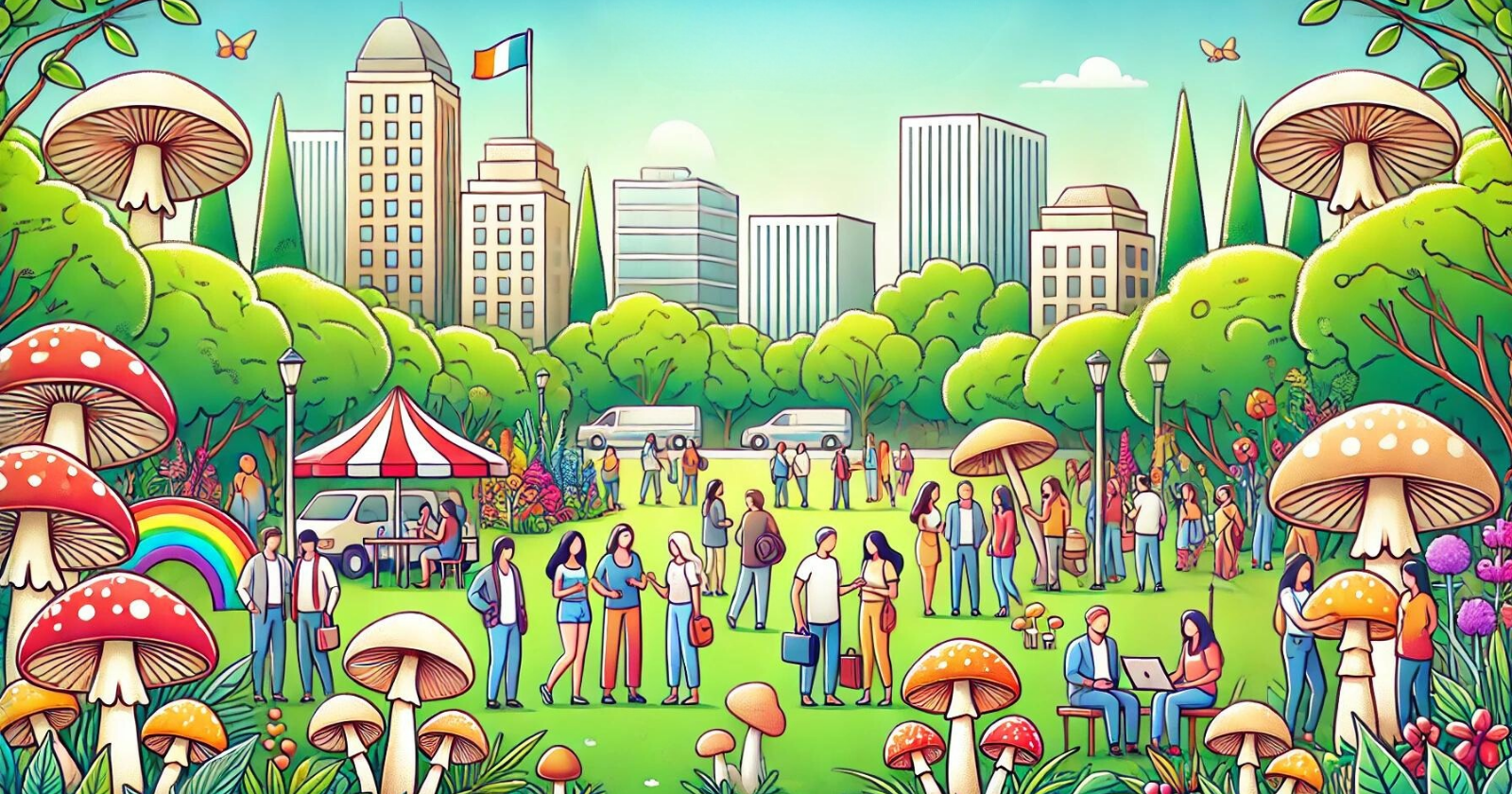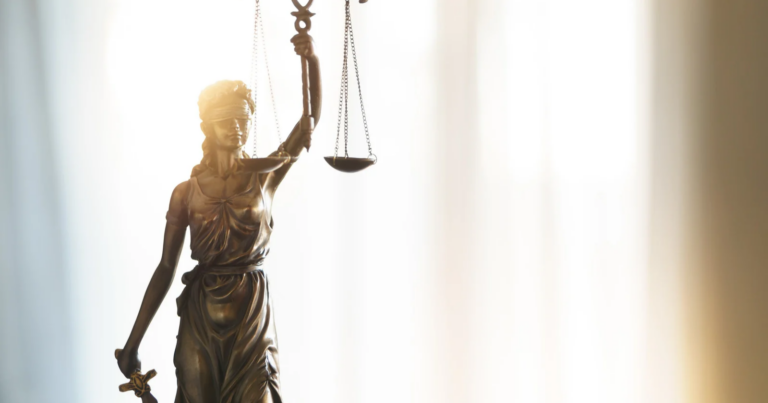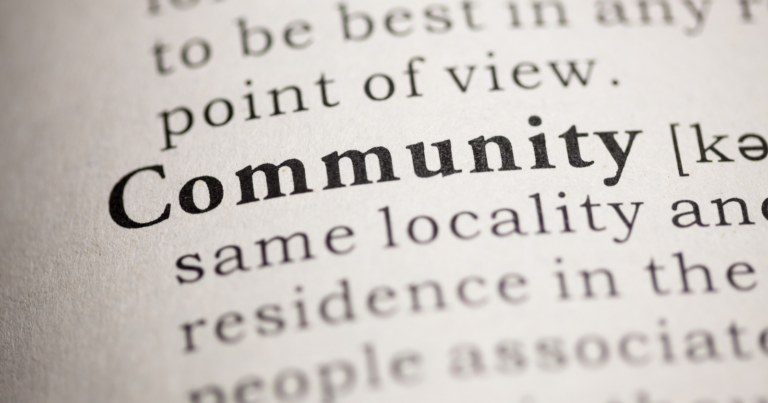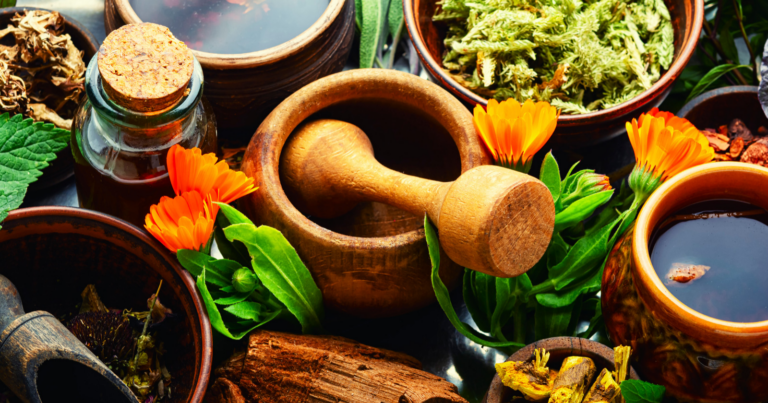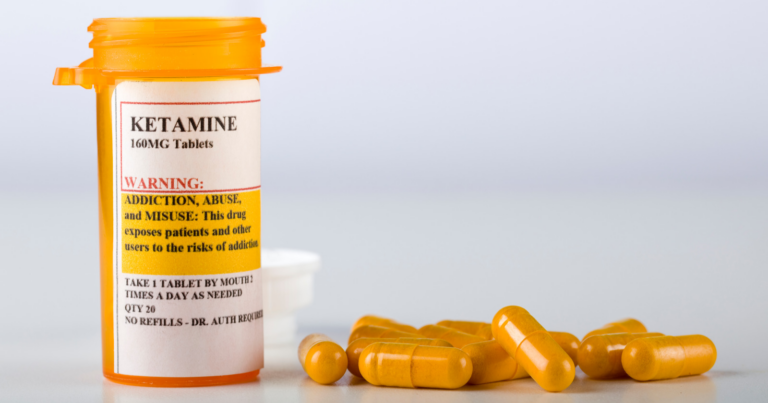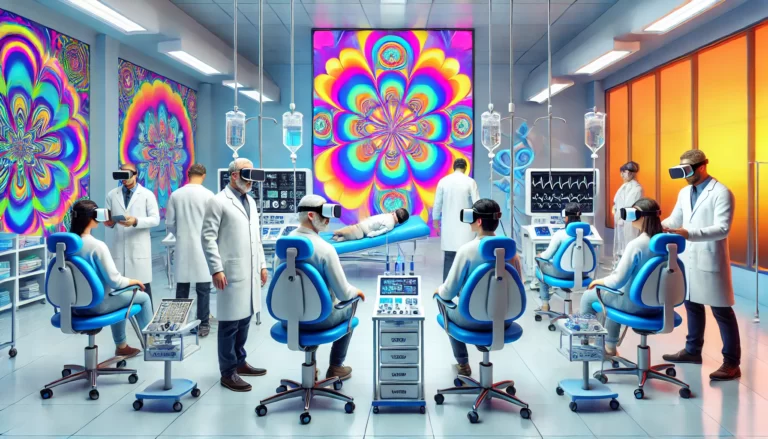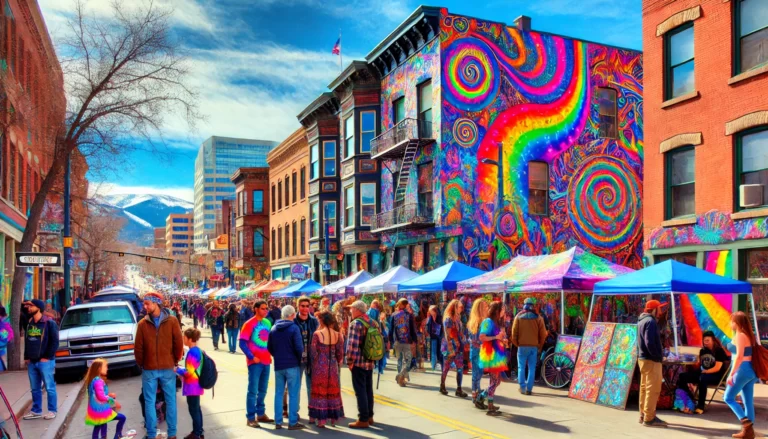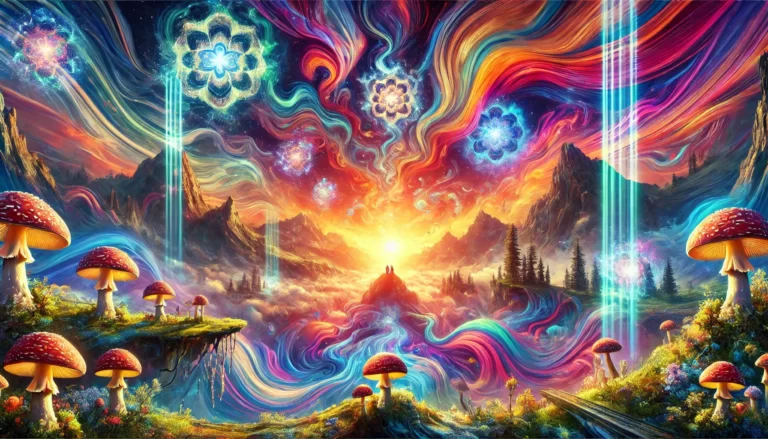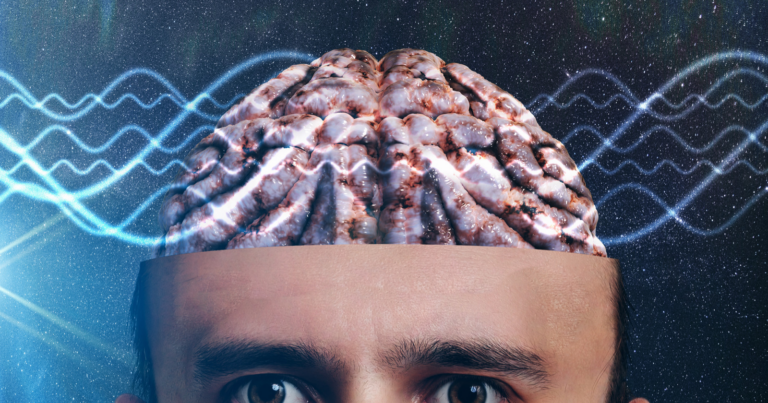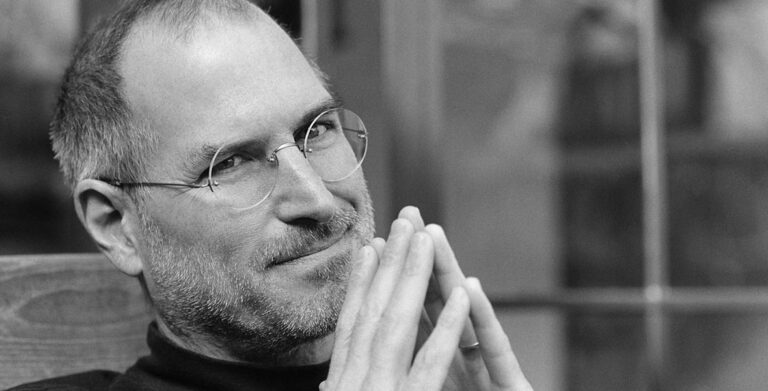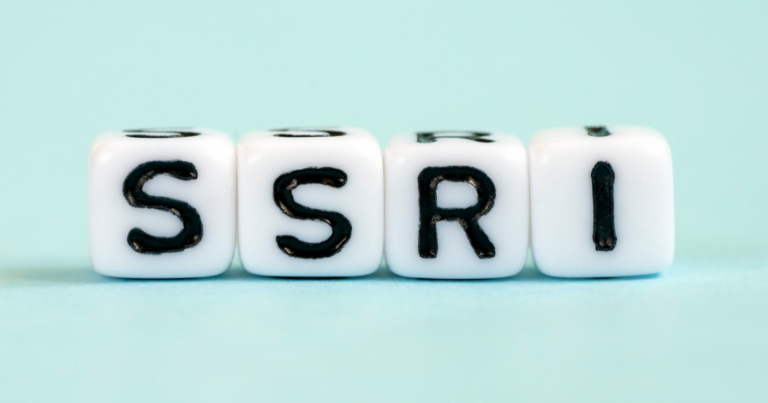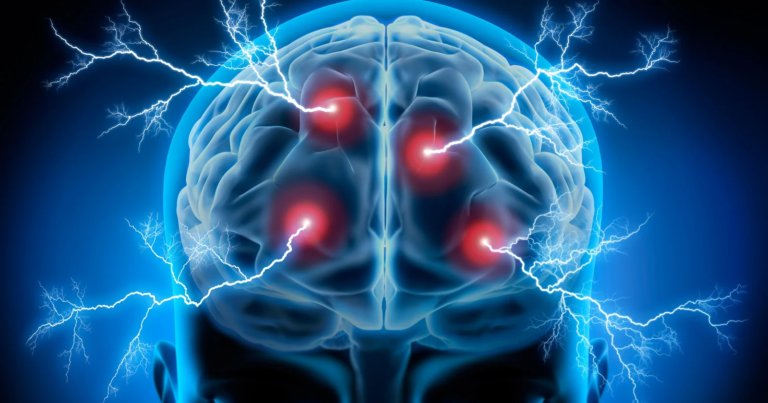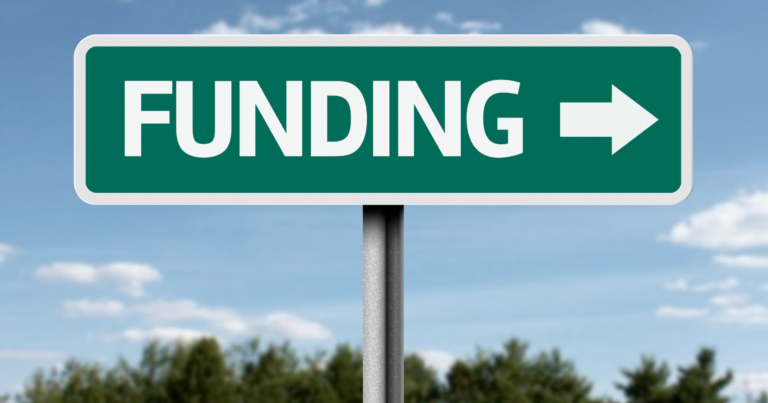Psilocybin mushrooms have long been associated with mind-altering experiences. But did you know they can also be mind-healing?
Decriminalizing these ‘magic mushrooms’ can bring about a significant shift in mental health treatment.
And, no, it’s not about encouraging recreational use.
But rather offering a choice: a different, potentially more effective way, to handle mental health issues.
Here, we explore ten benefits of decriminalizing psilocybin mushrooms for mental health. It’s not about pushing an agenda, but about opening the conversation and offering another perspective.
1) Unlocks New Treatment Possibilities
Picture this, you’re faced with a mental health issue, but traditional methods aren’t working for you.
It’s frustrating, isn’t it?
This is where psilocybin mushrooms can make a world of difference.
Decriminalization means opening up a whole new arena of treatment options. Psilocybin has shown promising results in studies for treating conditions like depression, anxiety, and PTSD.
Imagine the relief of finally finding a solution that works. That’s the power of psilocybin.
But, it’s essential to remember this isn’t about advocating for unchecked use. Rather, it’s about providing more choices for mental health treatment under professional guidance.
So, by decriminalizing psilocybin mushrooms, we’re not just embracing an alternative option, but also expanding the boundaries of mental health treatment to ensure everyone has access to the help they need.
2) Personal Breakthroughs
Let me share a personal story. I have a friend who suffered from severe, chronic depression. She tried various treatments – therapy, medication, you name it. But nothing seemed to work.
Then, she came across a study on psilocybin therapy.
After discussing it with her psychiatrist and obtaining the necessary permissions, she decided to try it.
The results were nothing short of astounding.
Within just a few sessions, she began experiencing breakthroughs in her mental health that she hadn’t seen in years of traditional treatment.
Her mood improved, she felt more connected with others, and most importantly, she started to regain her will to live.
This is just one example of how decriminalizing psilocybin mushrooms can pave the way for personal breakthroughs in mental health treatment. It’s about giving people a chance when other options have failed.
3) Boost to End-of-Life Care
Decriminalizing psilocybin mushrooms could have profound implications for end-of-life care.
A study from Johns Hopkins University found that psilocybin therapy significantly improved the psychological, emotional, and spiritual well-being of individuals with life-threatening cancer.
The participants reported decreased depression and anxiety, increased quality of life, and even reduced fear of death.
What’s more, these benefits persisted for at least six months after the therapy.
Imagine that – a single psilocybin session potentially offering half a year of improved mental health for those facing the most challenging times in their lives.
The potential impact on end-of-life care is immense. It’s not just about extending lives, but improving the quality of those final days, weeks, and months.
4) Reduction in Substance Abuse
It might sound counterintuitive, but hear me out…
Decriminalizing psilocybin mushrooms could actually lead to a decline in substance abuse.
Research has shown that psilocybin therapy can significantly reduce cravings and addiction-related behaviors in individuals struggling with substance abuse, including alcohol and tobacco.
One study found that over 80% of participants reported decreased alcohol consumption six months after a single psilocybin session. Another study on tobacco addiction showed an astonishing 67% success rate at the 12-month follow-up.
Just think about the implications.
We’re talking about a potential game-changer in the fight against addiction, offering hope to millions struggling with substance abuse.
Again, this is not about promoting recreational use, but rather recognizing the therapeutic potential of psilocybin in regulated, professionally guided settings.
5) Economic Benefits
When we talk about decriminalizing psilocybin mushrooms, there’s also an economic perspective to consider.
The cost of mental health disorders is colossal, not just in terms of healthcare expenses – but also in lost productivity.
By introducing a potentially more effective treatment option, we could see a significant reduction in these costs.
Fewer hospitalizations, less reliance on long-term medication, and more people returning to work could all contribute to economic savings.
Moreover, the cultivation and distribution of psilocybin could also create new industries and job opportunities.
It’s a win-win situation – improving mental health outcomes while boosting the economy.
It’s time we look beyond the stigma and consider the wider societal benefits of decriminalizing psilocybin mushrooms.
6) Restoring Hope
For those living with mental health disorders, hope can sometimes feel like a distant dream. The struggle can be long, and traditional treatments don’t always provide the relief they desperately seek.
This is where decriminalizing psilocybin mushrooms could bring a much-needed ray of hope.
Imagine the difference it could make – a single dose of psilocybin, administered in a controlled setting, triggering significant improvements, and restoring hope that had been lost.
We’re talking about more than just a new treatment option.
We’re talking about giving those grappling with mental health disorders a renewed sense of optimism and a chance to reclaim their lives.
That’s the power of decriminalizing psilocybin mushrooms – it’s about bringing light into lives that have been clouded by the struggles of mental health.
7) Reconnection with Self
There was a time when I felt incredibly disconnected from myself. It was a dark period, filled with anxiety and self-doubt. Traditional therapies were helpful, but something was still missing.
Then, under professional supervision, I tried psilocybin therapy. And it was like a switch had been flipped.
Suddenly, I was able to reconnect with myself, delve deeper into my thoughts and emotions, and understand my anxiety from a new perspective. It was as if I had been given a new tool to navigate my mental health.
Decriminalizing psilocybin mushrooms could provide this life-changing opportunity to millions more.
It’s not just about reducing symptoms but about fostering a deeper understanding of oneself and one’s mental health. It’s about enabling people to reconnect with who they truly are.
8) Less is More
With psilocybin therapy, the intriguing part is that you don’t need to use it frequently to see benefits. In fact, research shows that a single high-dose session can lead to long-lasting improvements in mental health.
Unlike daily medications, psilocybin therapy is typically administered in a few sessions under professional guidance.
This not only reduces the risk of side effects associated with long-term medication use but also makes the treatment more accessible to those who may have trouble adhering to a daily medication routine.
So, by decriminalizing psilocybin mushrooms, we could be embracing a form of treatment that is not only potentially more effective but also requires less frequent use. It flips the script on what we traditionally consider as treatment – demonstrating that sometimes, less really can be more.
9) Enhancing Therapeutic Rapport
An often overlooked aspect of mental health treatment is the therapeutic rapport – the relationship between the patient and the therapist. A strong rapport can significantly enhance the effectiveness of therapy.
Psilocybin therapy often involves preparatory and follow-up sessions with a therapist, fostering a deep, supportive relationship. The heightened emotional openness experienced during psilocybin sessions can further strengthen this bond.
By decriminalizing psilocybin mushrooms, we would be promoting a form of therapy that not only directly addresses mental health disorders but also enhances the overall therapeutic process.
It’s about recognizing that mental health treatment is not just about medications or techniques, but also about human connection and empathy.
10) Empowering Choice
At the heart of the argument for decriminalizing psilocybin mushrooms is choice.
The freedom to choose what works best for your mental health, under professional supervision, is incredibly empowering.
For some, traditional therapies and medications work wonders.
But for others, they fall short. Psilocybin therapy offers an alternative for those who haven’t found success with conventional approaches.
Decriminalizing psilocybin mushrooms is about respecting individual autonomy and acknowledging that one size does not fit all when it comes to mental health treatment.
It’s about giving people the power to explore different paths to wellness and ultimately, the freedom to choose their journey towards better mental health.
A Future with Freedom
The potential benefits of decriminalizing psilocybin mushrooms extend beyond what we can see. They delve into the very core of our mental health, offering hope, choice, and a new perspective.
This isn’t about promoting reckless use. It’s about acknowledging the potential of a compound that has been misunderstood for too long; giving people the freedom to choose their path towards better mental health.
The conversation around psilocybin is changing. Groundbreaking research is challenging old perceptions, and slowly but surely, doors are opening.
The decriminalization of psilocybin mushrooms is more than just a legal matter. It’s a step towards understanding and embracing the complexity of our minds. It’s about empowering individuals to find their own path to wellness.
Most importantly, it’s about recognizing that when it comes to mental health, one size does not fit all.
